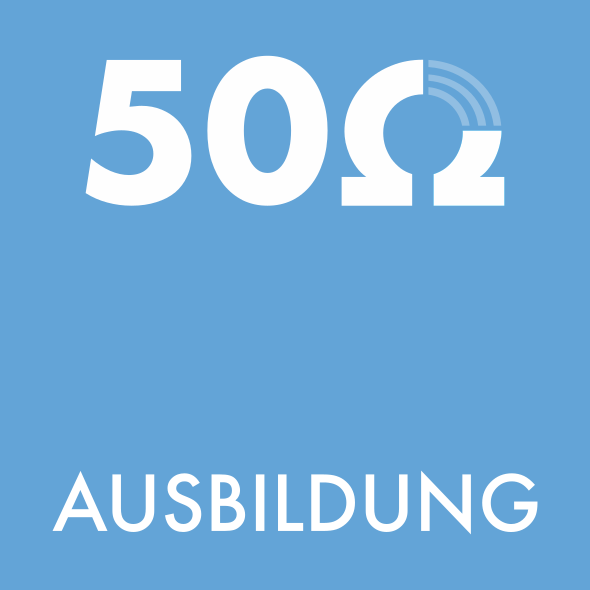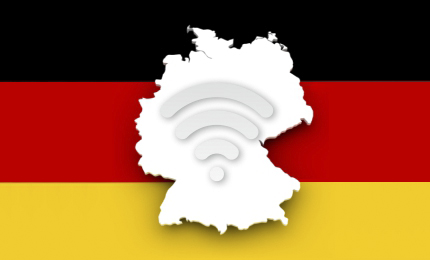Detailansicht-Archiv
Funkwellenausbreitung
FunkWX - Mix aus CME und HSS / DX-verdächtig: 30 bis 15 m
Ham2K Portable Logger
Sebastian Delmont, KI2D, erhält den Amateur Radio Software Award 2025
DARC e.V.
Deutschland-Rundspruch 18/2025, 19. KW
HamRadio 2025









